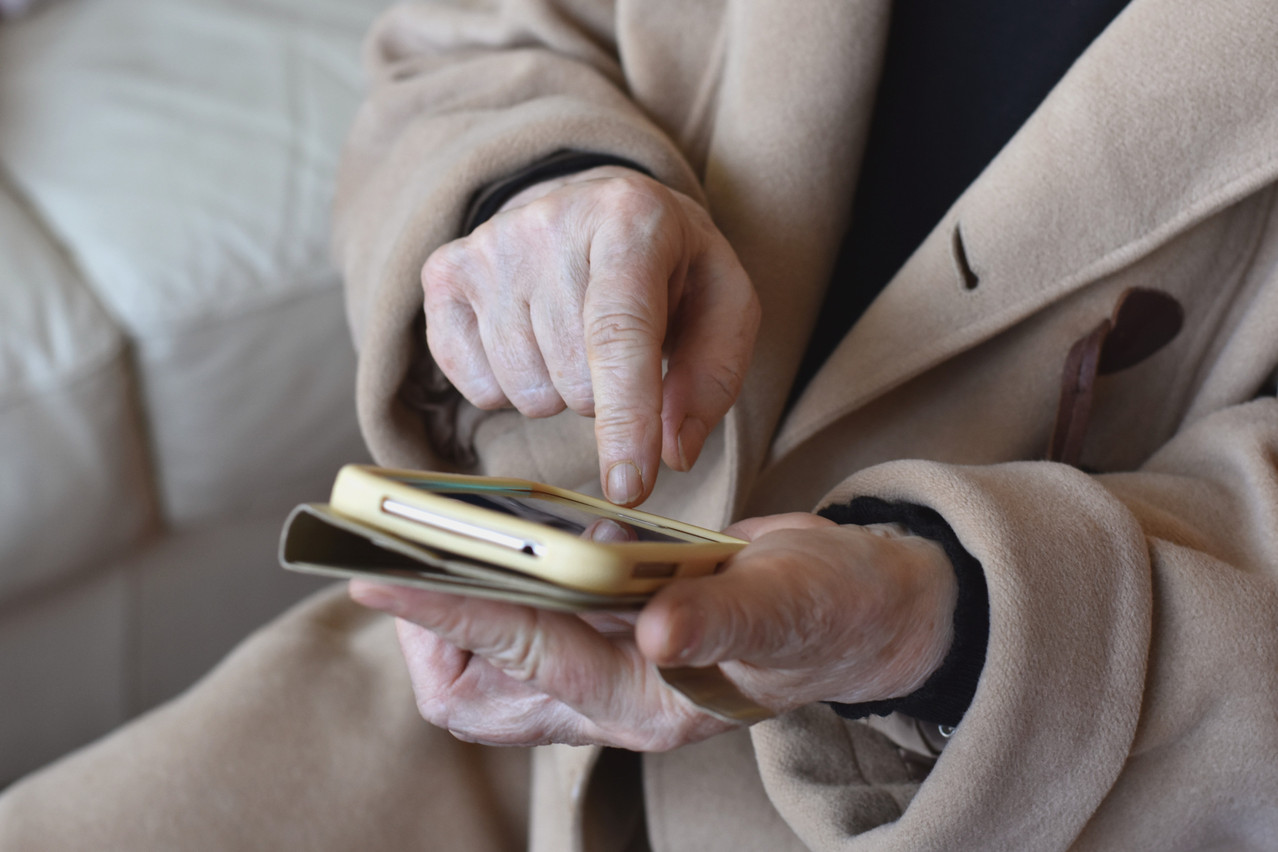Wide
ICT is typically a male-dominated field: in 2021, only 19.7% of Luxembourg’s ICT experts were women. Women in Digital Empowerment (Wide) is an initiative which aims to close that gender gap. An NGO founded in 2013 and a social enterprise since 2022, Wide teaches women networking, technological skills and building confidence. This way women, feeling supported in their choice, might more readily go towards an ICT position. Now the enterprise also offers companies training and services in digital skills, as well as gender equality and entrepreneurship. “We believe that, in 2022, an increasing number of people will consider a career change,” for which digital and entrepreneurial skills will open many doors, Wide told Delano. Delano talked to the company
School 42
Already present in 25 countries and 42 campuses, 42 has decided to as a part of the grand duchy’s . The coding school’s entry requirement reflects its educational philosophy: “real openness to all and contributing to social integration,” 42 told Delano. Courses are free, and there are no prerequisites in terms of skills or diplomas. Courses can be taken at any time of the day, seven days a week, so that students from all walks of life with any kind of schedule can enrol. 42 doesn’t offer traditional classes though. Instead, the school pushes students to work in groups and collaborate to make the most of their three-year programme.
Digital Inclusion Luxembourg
Laptops give users access to work, information and education, easing their inclusion in society. Supported by the integration and family ministry since 2022, Digital Inclusion Luxembourg helps people in need by supplying refurbished digital equipment. The NGO was founded in 2016 to support refugees but over time evolved to include others. This year it also helped Ukrainian refugees.
GoldenMe
For most people, navigating the internet is a no-brainer. But with administrative tasks and social interactions going online, older generations may feel left out. This is where NGO GoldenMe steps in. Social life can change post-retirement. For some, it’s an opportunity to try out new hobbies; for others, retirement can be isolating. “For expats, it’s even harder than for Luxembourgish people,” GoldenMe told Delano in a previous exchange. Through workshops, courses, newsletters and individual support, the NGO helps older citizens connect with others online and escape social isolation. The initiative also collaborated with Esch commune on the E-Senior 2.0 project, where the local TV station broadcast tutorials in June to explain the internet and smartphones to complete beginners.
Delano talked to GoldenMe about the evolution of its NGO
